9 Home Remedies For Smelly Feet | Causes And Prevention Tips
The most effective solutions to finally bid adieu to your foot odor woes.
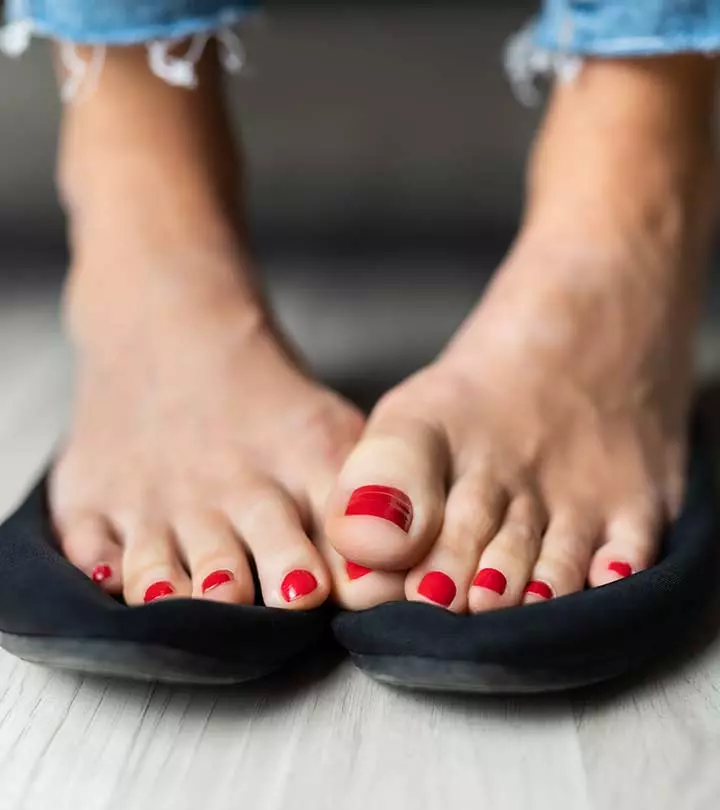
Image: Shutterstock

Your feet can take you across the world and right to the top. But they may also make you feel like hiding in a corner, self-conscious and embarrassed – especially when you need to take off your shoes.
Foot odor is common as about 16% of adults have reported this issue in a foot health assessment (1). Read on to find out not only how to get rid of smelly feet but also how to prevent the condition, moving forward.
In This Article
What Causes Smelly Feet?
Bromodosis is the medical term for smelly feet. Though not a serious medical condition, it can leave you with low self-esteem and confidence.
Two major factors cause foot odor – sweat and bacteria. Your feet have many sweat glands that produce sweat to regulate your body’s temperature. Your feet also carry bacteria that help break down the sweat. Bad odor develops when sweat and bacteria accumulate along with the waste products they release. Brevibacterium, Propionibacteria, and Staphylococcus epidermidis are the three most common bacteria responsible for smelly feet (2). You are more likely to have smelly feet if you are:
- A teenager
- Pregnant
- On your feet throughout the day
- Stressed out
- Dealing with any medical condition that makes you sweat more
- Unable to maintain good foot hygiene
Everyone sweats, and bacteria already live on (and under) your feet. Hence, you need to fight the excess moisture and bacterial overgrowth to eliminate foot odor. Homemade foot-soak recipes can be a great way to help combat this issue. Head on to the next section for further elaboration.
Key Takeaways
- Bromodosis (smelly feet) is not a serious medical condition, but it may lower your self-confidence.
- Excess moisture and overgrowth of bacteria are responsible for bad foot odor.
- Epsom salt, vinegar, tea soaks, baking soda, and using a deodorant can help eliminate foot odor.
- Wearing socks made of natural fabrics and cleaning and drying your feet properly can help prevent smelly feet.
9 Home Treatments For Smelly Feet
1. Epsom Salt Soak
Epsom salt, or magnesium sulfate, is known for its drying properties. You can use it to remove excess moisture from your feet (3). Since bacteria thrive in moist, warm places, reducing excess moisture is a good way to eliminate them.
Add a cup of Epsom salt to a large bowl of warm water. Stir to dissolve the salt and soak your feet in the mixture for 20 minutes. Do this once or twice a week. Avoid using Epsom salt excessively or if you have open cracks or sores.
2. Vinegar Soak
The acetic acid in white vinegar or apple cider vinegar can help reduce foot odor. This acid’s anti-microbial properties can protect your skin against bacteria (4), (5).
Mix vinegar and water in a 1:2 ratio and add it to a warm tub/bowl of water. Soak your feet for 20 minutes. You can do this once a week. Avoid this remedy if you have cuts, open sores, or cracks on your feet.
3. Tea Soak
The tannic acid in tea is an astringent that can kill bacteria, tighten skin pores, and reduce sweating (6), (7).
Steep 3 to 4 tea bags in boiling water for 5 to 10 minutes. Remove the bags and add the brewed tea to 2 cups of cool water. Soak your feet for 30 minutes each day for a week.
4. Baking Soda And Water
An imbalance in the pH levels of your feet can lead to an overgrowth of bacteria (8). Using a baking soda and water soak may restore this balance.
Add a tablespoon of baking soda to two pints of water to prepare this foot bath. Soak your feet for 15 minutes, 2 to 3 times per week.
5. Use A Disinfectant On Your Shoes
Even if your feet are clean, they may still smell if your shoes are dirty. Use a disinfectant spray to eliminate bacteria under your shoe soles. You also may spray on the insoles. Let the shoes dry overnight before using them again.
 Pro Tip
Pro Tip6. Use Cornstarch Or Antiperspirant Powder
You can use a regular antiperspirant powder or even cornstarch to treat your shoes. This method dries out the moisture accumulated inside your shoes (9). You can also look for over-the-counter antiperspirants specially designed for the feet.
7. Use A Deodorant Spray
One of the quickest remedies for feet odor is your regular body deodorant. You can use a deodorant spray when you are pressed for time. However, it is not a long-term solution. Also, avoid this method if you have any cuts or sores on your feet.
8. Dry Your Feet And Change Your Socks
Keep an extra pair of socks with you if you are prone to smelly feet. That way, you can put on the fresh pair as soon as you feel your socks are beginning to get laden with moisture. Let your feet dry out properly before you wear a clean pair of socks. This trick can be especially helpful if your work requires you to be on the move constantly.
9. Use Witch Hazel
Witch hazel is a natural astringent known for its antibacterial properties (10). Due to this, it may help keep odor-causing bacteria at bay.
Fill a tub with warm water and add half a cup of witch hazel. Soak your feet in the solution for 15-20 minutes and pat your feet dry with a clean towel. After this, ensure to apply a moisturizer or foot cream all over your feet, as witch hazel can dry out the skin. Instead of a foot soak, you may also simply wipe your feet with witch hazel at the end of the day. However, do remember that this is not a long-term solution.
Once you have managed to eliminate foot odor, you can take certain simple and effective steps to prevent it. Head to the next section to understand more.
How To Keep Your Feet From Smelling: 7 Prevention Tips
1. Wear Socks Made From Natural Fabrics
Wearing socks can help prevent feet odor, as they absorb moisture and keep it from building up inside your shoes. However, it is important to choose cotton socks or socks with sweat-wicking properties (made of natural fabrics). Synthetic fabrics like nylon trap moisture and do more harm than good.
 Quick Tip
Quick Tip2. Choose The Right Shoes And Wear Them In Rotation
Opt for open-toed shoes as often as possible, especially in summers. Should you wear closed shoes, keep at least two pairs handy and alternate between them periodically. It is also important to choose the right material. Synthetic shoes trap more moisture, while cotton or leather fabrics allow more breathability (11).
3. Treat Your Shoes Right
While it is not always feasible to wash your shoes, it is important to take care of them by spraying them with disinfectant or letting them soak up in the sun whenever possible.
4. Clean And Dry Your Feet Properly
Wet, smelly feet defeat the purpose of drying your shoes out. Clean your feet thoroughly every day with a washcloth. Take care to clean the spaces between your toes. Keep your toenails clipped and clean to keep dirt and bacteria from getting accumulated. Pat your feet dry gently before putting on your shoes.
5. Wear Well-Fitted Shoes
Tight shoes not only feel uncomfortable but also are prone to trap moisture and attract bacteria. Wear shoes that fit you well and give your feet some room.
Bromodosis, or smelly feet, can be prevented with good foot hygiene and care. The key is to prevent moisture build-up in your shoes and socks. Moisture, darkness, and warmth are conducive to bacterial growth and odor.
You can eliminate feet odor with baking soda, vinegar, or tea soaks. You can also prevent the odor by keeping your feet, socks, and shoes dry, and choosing footwear made of the right material.
Smelly feet or bromodosis, though not a serious condition, might seem embarrassing. Excess sweat, moisture, and bacteria buildup may result in a typical foot odor that may make you uncomfortable, especially in public gatherings or private parties. Epsom salt bath, tea, vinegar, baking soda, cornstarch, and a deodorant spray can all come in handy in reducing foot odor. Opting for breathable cotton socks and changing them each time you wear them, cleaning and drying your feet properly, are some of the possible ways you can reduce the chances of getting smelly feet.
Frequently Asked Questions
Does Listerine get rid of smelly feet?
Yes. Listerine not only kills bacteria on the feet, but it can also be used to treat athlete’s foot and other fungal infections. With its antibacterial characteristics, this mouthwash helps in deodorizing and lowering the amount of sweat produced by your feet.
Does hydrogen peroxide get rid of smelly feet?
Yes. If you have athlete’s foot or stinky feet, soaking them in 3% hydrogen peroxide for a few minutes once or twice a day can help in getting rid of their odor.
Does lemon get rid of smelly feet?
Yes. Lemon juice has potent antibacterial qualities that aid in killing bacteria and acts as a natural deodorant. It also reduces sweating by sealing the pores on the skin.
Check out this insightful video that explores the various causes of foot order and also shares some remedies like keeping the space between your toes dry, or wearing breathable socks.
References
Articles on StyleCraze are backed by verified information from peer-reviewed and academic research papers, reputed organizations, research institutions, and medical associations to ensure accuracy and relevance. Read our editorial policy to learn more.
- National Foot Health Assessment 2012
https://www.ipfh.org/resources/surveys/national-foot-health-assessment-2012 - Preliminary Study on Bacterial Diversity Causing Human Foot Odor
https://www.researchgate.net/publication/339434399_Preliminary_Study_on_Bacterial_Diversity_Causing_Human_Foot_Odor - EXPERIMENTAL STUDIES OF THE MECHANISM AND KINETICS OF HYDRATION REACTIONS
https://cyberleninka.org/article/n/1056388 - Antifungal and Antibacterial Activities of Apple Vinegar of Different Cultivars
https://www.hindawi.com/journals/ijmicro/2025/6087671/ - The antimicrobial effect of acetic acid—An alternative to common local antiseptics?
https://www.sciencedirect.com/science/article/abs/pii/S0305417908003616 - Tannins are Astringent
https://www.researchgate.net/publication/264783867_Tannins_are_Astringent - Microbiological activity of whole and fractionated crude extracts of tea (Camellia sinensis) and of tea components
https://pubmed.ncbi.nlm.nih.gov/9228784/ - The skin barrier as an innate immune element
https://pubmed.ncbi.nlm.nih.gov/17621950/ - Body malodours and their topical treatment agents
https://onlinelibrary.wiley.com/doi/full/10.1111/j.1468-2494.2011.00649.x - Antioxidant and potential anti-inflammatory activity of extracts and formulations of white tea, rose, and witch hazel on primary human dermal fibroblast cells
https://www.ncbi.nlm.nih.gov/pmc/articles/PMC3214789/ - PICKETT TYLER EUGENE. Correlating the Perception of Foot Odor and the Amount of Odorous Chemicals Present in Footwear Materials.
https://repository.lib.ncsu.edu/bitstreams/d6027aa5-f2b1-4ecf-b25b-d7bf4a4b0bac/download
Read full bio of Sue Murphy
Read full bio of Sanchari Bhattacharya
Read full bio of Arshiya Syeda
Read full bio of Dipti Sharma








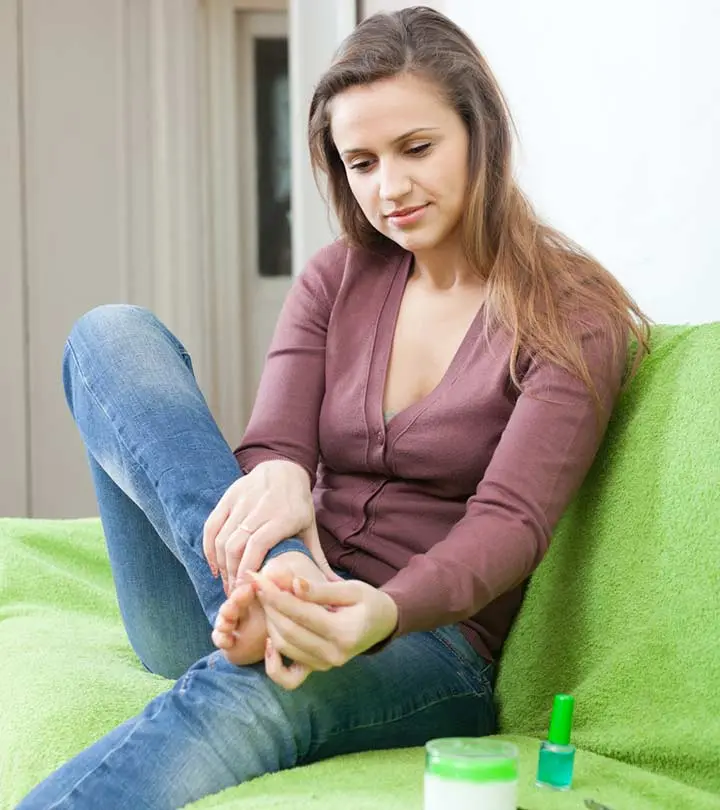

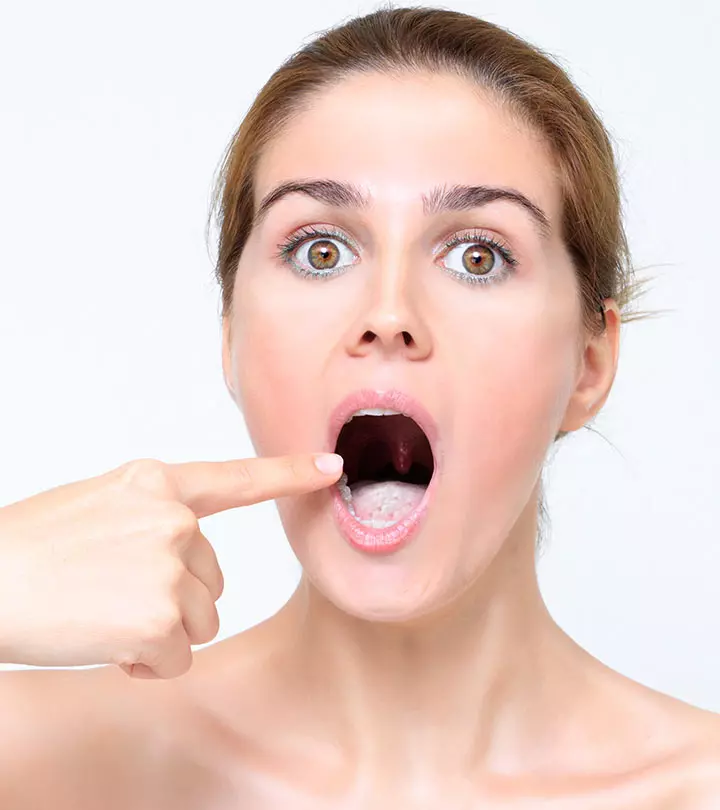


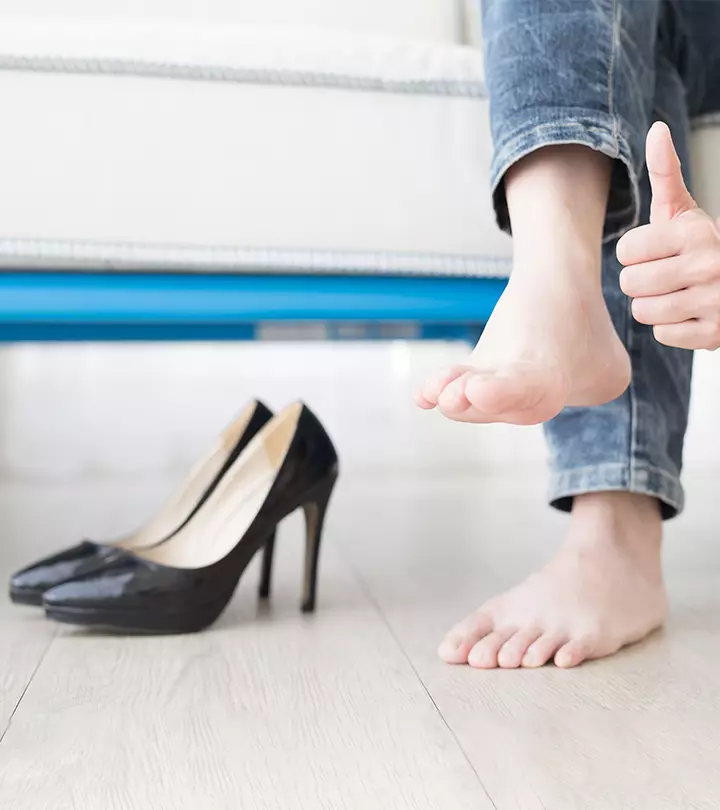
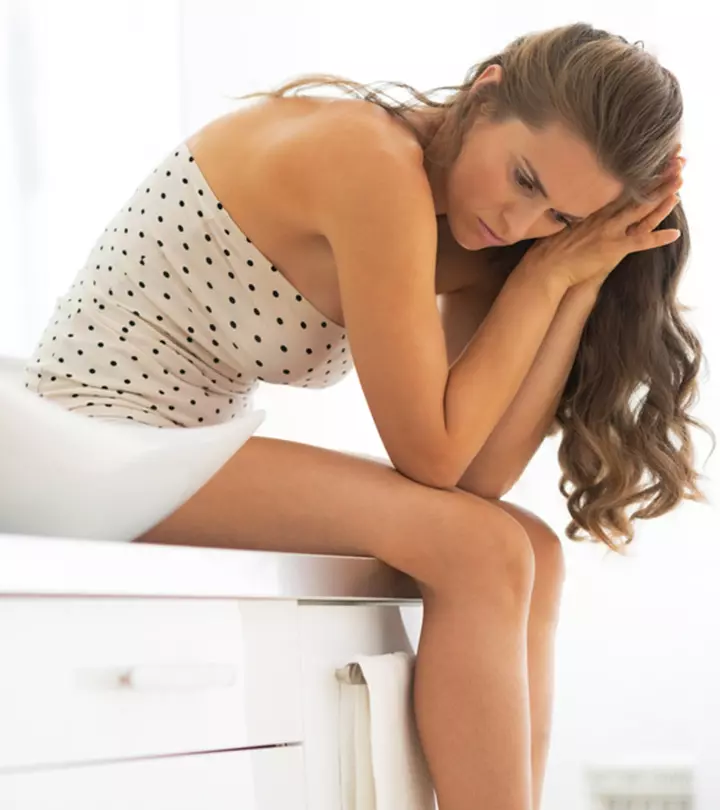
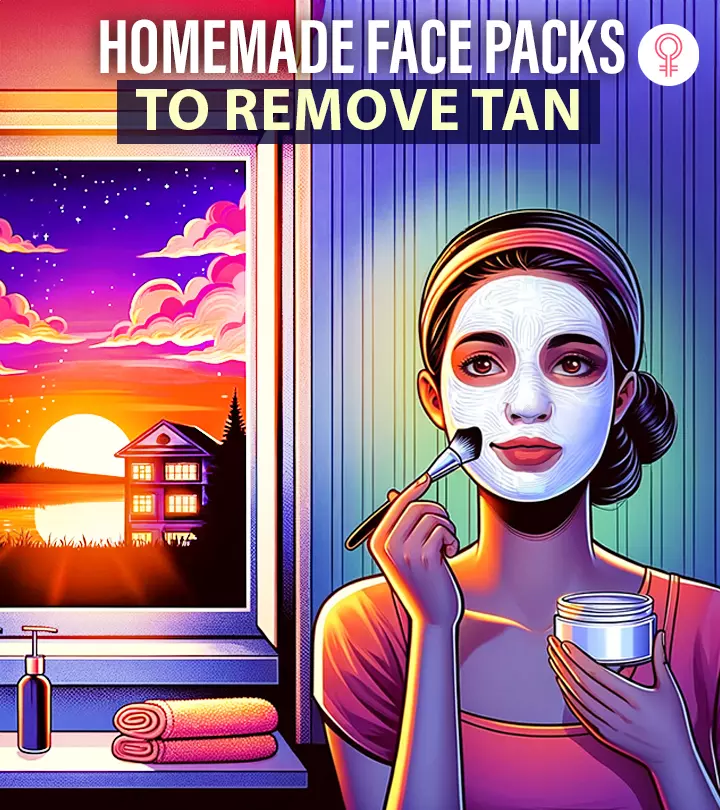
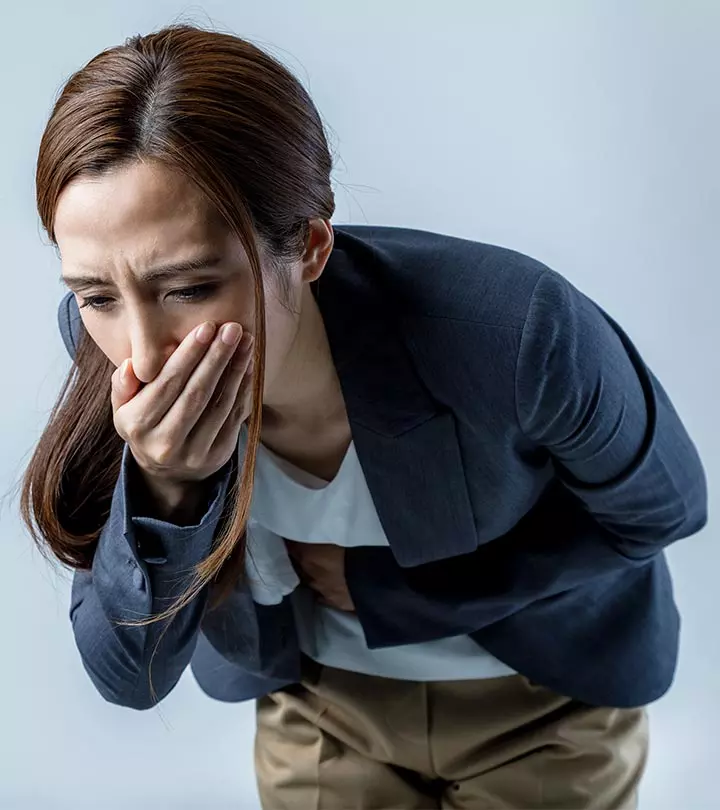


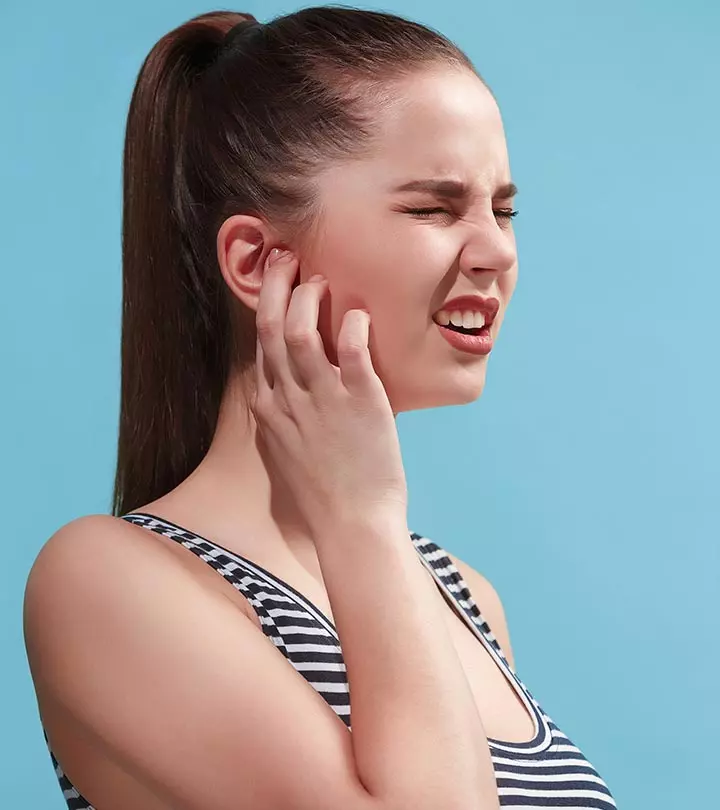
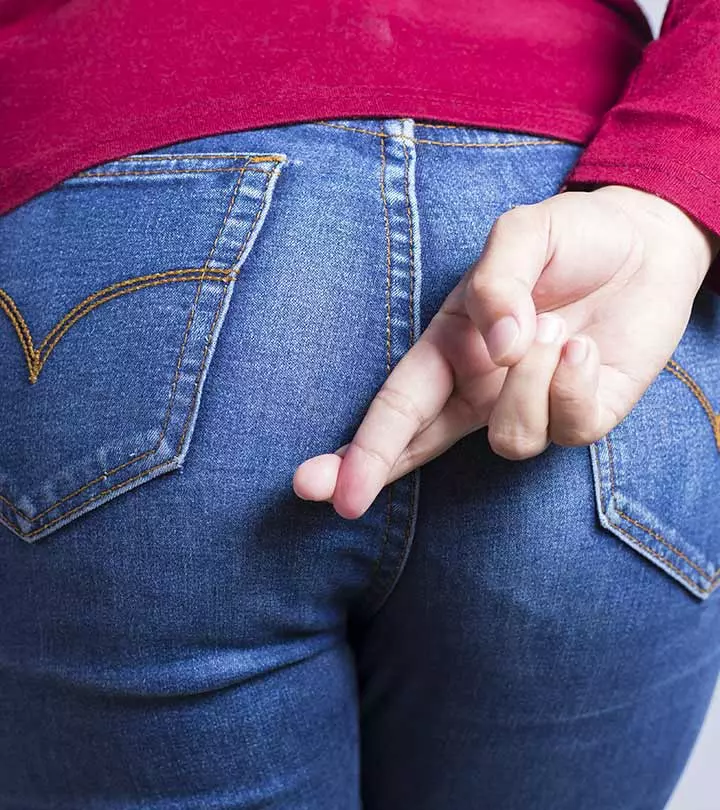
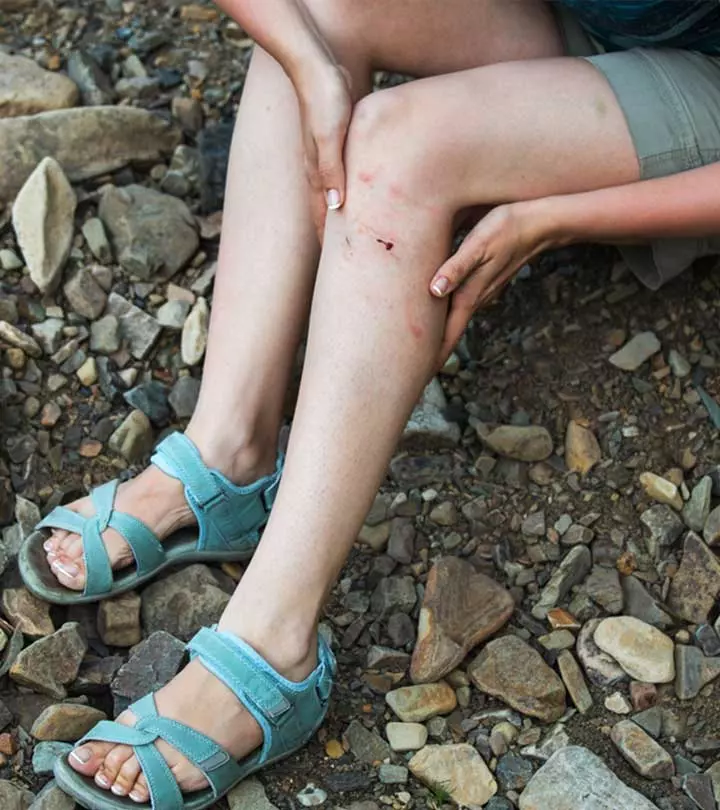

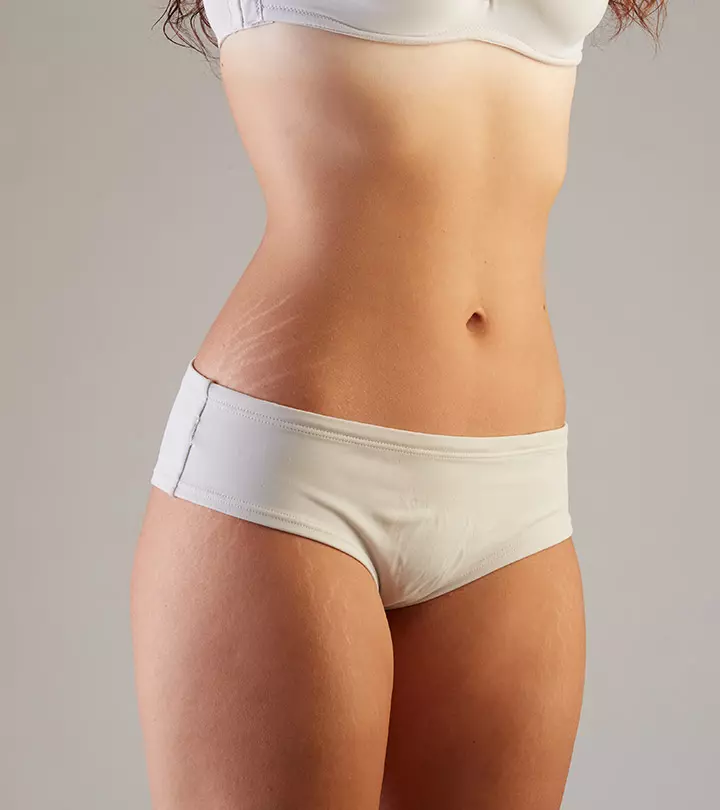
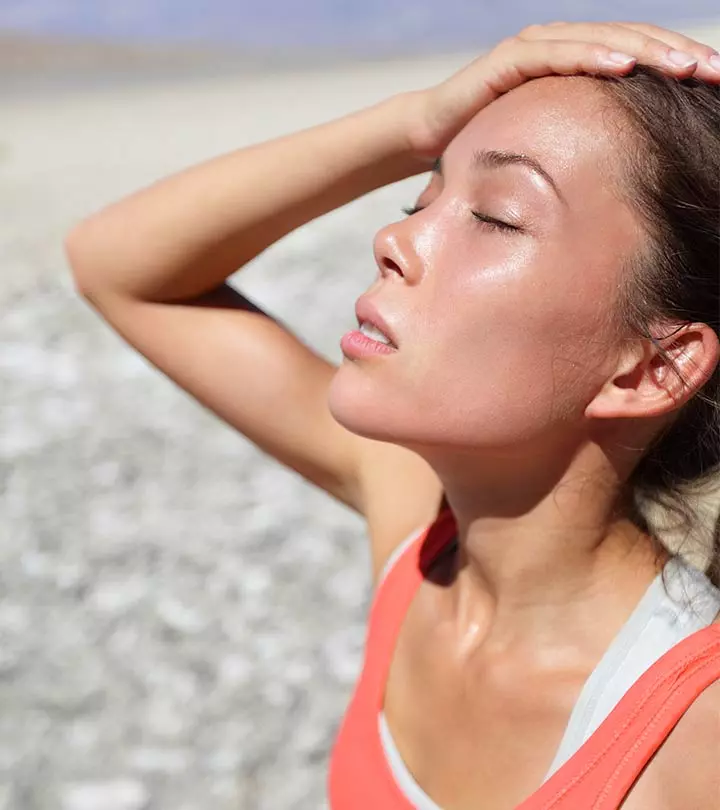
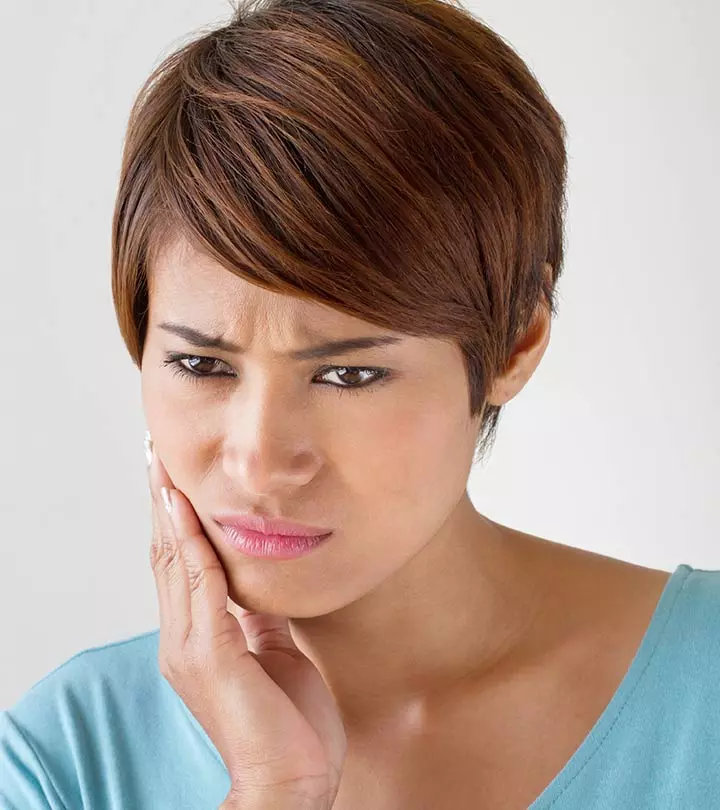
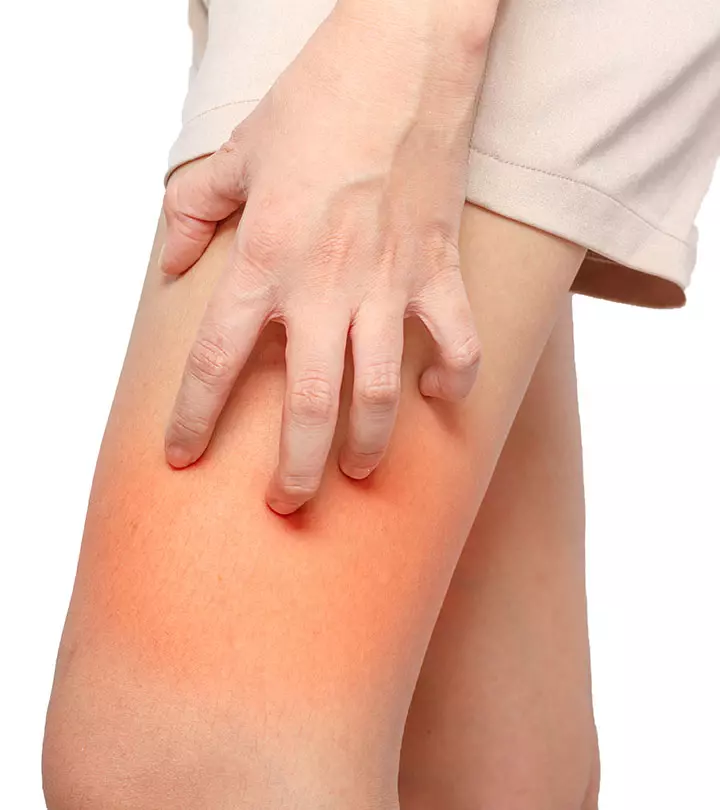
Community Experiences
Join the conversation and become a part of our empowering community! Share your stories, experiences, and insights to connect with other beauty, lifestyle, and health enthusiasts.